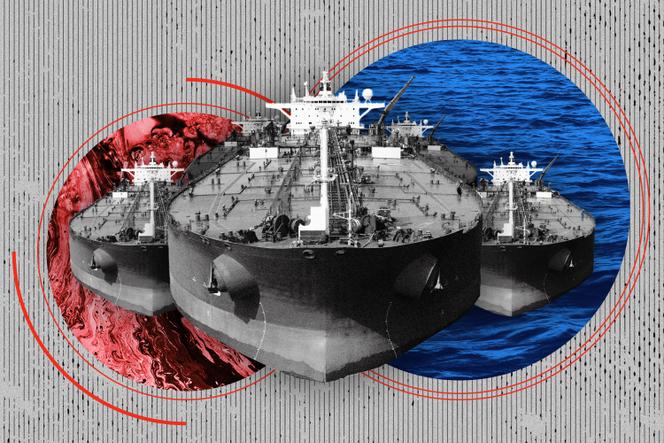


An additional 105 ships have been sanctioned and a new price cap on Russian crude oil – set at 15% below market price – has been introduced. These two measures are part of the European Union's 18th sanctions package adopted on Friday, July 18, against Russia. Three days later on July 21, Britain also sanctioned 135 ships.
However, Russia's "shadow fleet" continues to deliver oil. Such is the case with the Andromeda. Although this tanker has been on the EU's sanctioned vessel list since December 2024, and sails under the Comorian flag, it has just completed its fourth round trip since then from the port of Ust-Luga in the Baltic Sea to India's Jamnagar refinery.
During these journeys, the Andromeda transported nearly three million barrels of crude oil, according to Kpler, a maritime data analytics firm, generating more than $150 million (€129 million) for the Russian state. This raises questions about the effectiveness of existing measures intended to undercut Russia's oil revenues, one of the country's crucial sources of funding for its war in Ukraine.
The Russian "shadow fleet," made up of aging tankers, has adopted sanction-evading tactics previously used by Iran and Venezuela. In December 2022, in response to the invasion of Ukraine, the EU imposed an embargo on seaborne imports of Russian oil. Simultaneously, G7 countries banned their companies from insuring or providing any services to firms transporting Russian oil sold above $60 per barrel.
You have 73.2% of this article left to read. The rest is for subscribers only.
